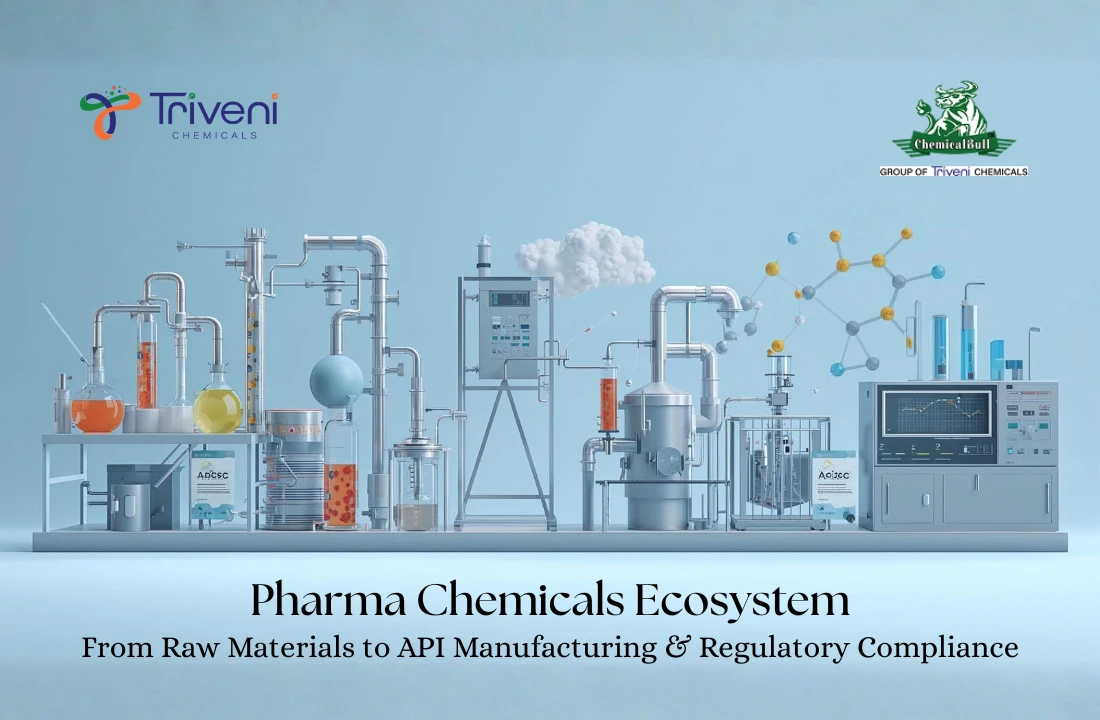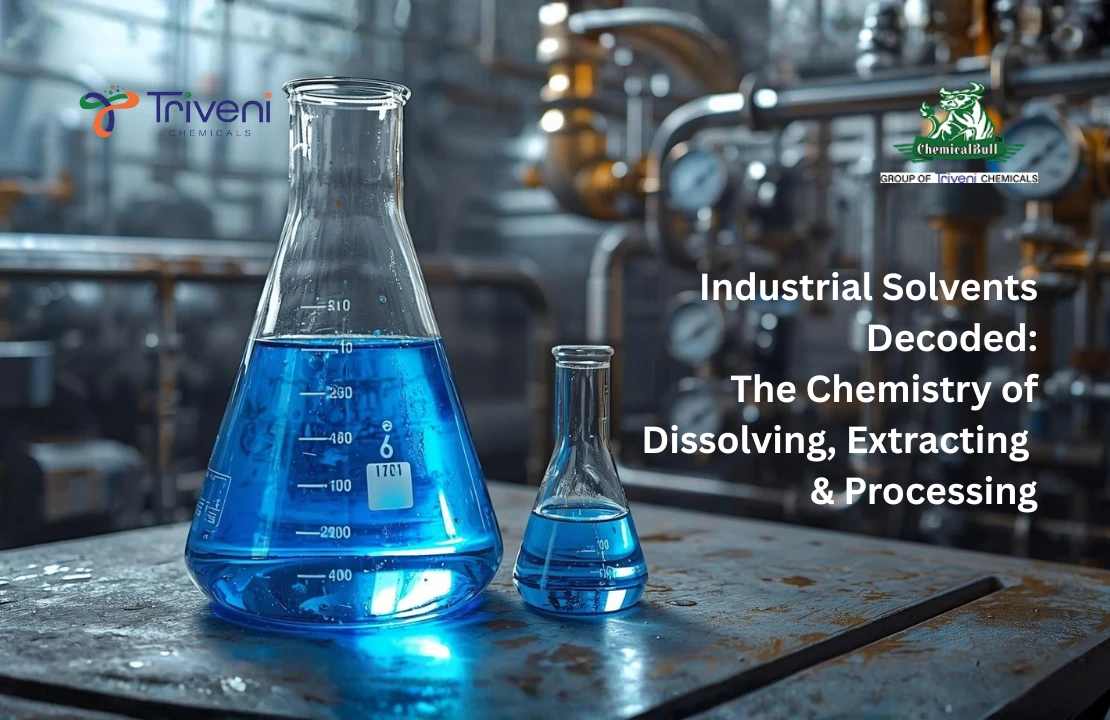Safety And Regulations: Navigating Benzyl Phenyl Acetate Compliance
Table of Contents
- Introduction to Benzyl Phenyl Acetate
- Regulatory Framework Governing Benzyl Phenyl Acetate
- Key Compliance Measures for Handling Benzyl Phenyl Acetate
- Challenges Faced by Chemical Exporters and Traders
- Best Practices for Chemical Manufacturers
- Future Trends in Regulations
- Conclusion
Introduction to Benzyl Phenyl Acetate
Benzyl Phenyl Acetate is a versatile organic compound, frequently utilized in the formulation of fragrances and flavors owing to its distinctively sweet and floral scent, closely resembling jasmine. Chemically classified under esters, this compound is synthesized through the esterification of benzyl alcohol with phenylacetic acid. It is valued in the cosmetics industry for its stability and enduring fragrance, making it a popular choice in the production of perfumes, scented lotions, and other personal care products. Beyond its olfactory applications, Benzyl Phenyl Acetate also finds occasional use in the synthesis of other more complex organic chemicals, highlighting its importance in both industrial and commercial sectors.
Regulatory Framework Governing Benzyl Phenyl Acetate
The regulatory landscape for Benzyl Phenyl Acetate, as with many organic chemicals, is shaped by international and national guidelines to ensure safety and environmental sustainability. In the United States, the Environmental Protection Agency (EPA) under the Toxic Substances Control Act (TSCA) oversees its manufacture and use, requiring detailed reporting and compliance with safety standards. In Europe, Benzyl Phenyl Acetate falls under the Registration, Evaluation, Authorisation, and Restriction of Chemicals (REACH) regulation, enforced by the European Chemicals Agency (ECHA). These regulations mandate thorough assessment and registration of chemicals to manage risks associated with chemical substances. Compliance with these frameworks ensures that chemical manufacturers, exporters, and traders meet legal requirements and uphold safety and environmental standards.
Key Compliance Measures for Handling Benzyl Phenyl Acetate
Ensuring the safe handling of Benzyl Phenyl Acetate involves adhering to stringent compliance measures designed to protect human health and the environment. For chemical manufacturers, exporters, and traders dealing with this organic chemical, the following key practices are essential:
Material Safety Data Sheets (MSDS): Maintain up-to-date MSDSs for Benzyl Phenyl Acetate, which provide critical information on handling emergencies, potential hazards, storage, and disposal methods.
Personal Protective Equipment (PPE): Implement the use of appropriate PPE for all personnel handling this compound, including gloves, goggles, and respiratory protection, to prevent skin contact and inhalation risks.
Training and Procedures: Regular training sessions should be held to educate workers on the safe handling procedures and the health risks associated with Benzyl Phenyl Acetate. Emergency response procedures must also be communicated and practiced.
Ventilation Systems: Install and maintain proper ventilation systems in areas where Benzyl Phenyl Acetate is used or stored to minimize the concentration of vapors in the air and reduce the risk of inhalation exposure.
Legal Compliance: Stay updated with local, national, and international regulations regarding the handling and transportation of Benzyl Phenyl Acetate. This includes complying with regulations like REACH in Europe and TSCA in the United States, ensuring all legal requirements for safety and environmental impact are met.
Waste Management: Develop and implement an effective waste management plan to safely dispose of Benzyl Phenyl Acetate residues and containers, minimizing environmental contamination.
By strictly following these compliance measures, chemical handlers can ensure that they operate safely and within the legal frameworks governing the use of organic chemicals like Benzyl Phenyl Acetate.
Challenges Faced by Chemical Exporters and Traders
Chemical exporters and traders specializing in organic chemicals like Benzyl Phenyl Acetate encounter numerous challenges in their operational environments. Firstly, navigating the complex global regulatory landscape is a primary hurdle. Different countries have varied regulations governing the import and export of chemicals, which can change frequently and without significant notice. Compliance with these international standards, including safety, environmental, and transport regulations, demands constant vigilance and adaptability.
Additionally, maintaining the integrity of benzyl isoeugenol raw materials during shipping presents another significant challenge. Chemicals must be stored and transported under specific conditions to prevent degradation or hazardous reactions. This requires specialized knowledge of material safety data sheets (MSDS) and appropriate handling procedures.
Market volatility also affects chemical traders significantly. Fluctuations in supply and demand can drastically impact prices and availability, requiring traders to be highly responsive and strategic in their purchasing and sales approaches. Moreover, securing reliable supply chains is critical but challenging due to geopolitical issues, trade disputes, and economic instability in various regions.
Best Practices for Chemical Manufacturers Handling Benzyl Phenyl Acetate
Chemical manufacturers dealing with Benzyl Phenyl Acetate must adhere to rigorous safety standards and regulatory requirements to ensure the safety, efficacy, and legality of their operations. Here are some of the best practices that should be implemented:
Strict Adherence to Regulatory Guidelines: Always stay updated with the latest regulations from both local and international regulatory bodies such as the EPA (Environmental Protection Agency) and REACH (Registration, Evaluation, Authorization, and Restriction of Chemicals). Compliance with these regulations not only ensures safety but also helps in maintaining good standing in the global market.
Quality Control and Assurance: Implement robust quality control (QC) and quality assurance (QA) protocols. This involves regular testing of Benzyl Phenyl Acetate for purity and contaminants. Establishing a traceable batch record system and ensuring that each batch meets specified standards before distribution is an essential practice.
Worker Safety Programs: Safety training programs are critical. Employees should be trained on the proper handling of Benzyl Phenyl Acetate, including the use of appropriate personal protective equipment (PPE), emergency response techniques, and exposure limits. Regular drills and training updates can help in maintaining safety standards.
Environmental Management: Chemical manufacturers must adopt environmental management practices that minimize waste and prevent contamination. Techniques such as solvent recovery, waste minimization, and effluent treatment should be part of the environmental management system.
Documentation and Record Keeping: Maintain comprehensive records of all manufacturing processes, safety data sheets (SDS), compliance certificates, and shipping documents. This documentation is crucial not only for regulatory compliance but also for addressing any discrepancies or incidents that may arise.
Continuous Improvement: Implement a continuous improvement program that regularly evaluates and improves the safety, efficiency, and compliance aspects of manufacturing processes. This can involve adopting new technologies, improving process efficiency, and reducing environmental impact.
Future Trends in Regulations
As the global landscape of chemical regulation evolves, trends indicate a shift towards more stringent and comprehensive standards, particularly for substances like Benzyl Phenyl Acetate. Governments and international bodies are likely to impose tighter control on chemical production, focusing on environmental impact, human health, and safety. Anticipate increased transparency requirements, where chemical manufacturers, exporters, and traders must disclose more detailed information about the chemical composition and potential hazards. Additionally, advancements in technology may lead to more robust tracking and monitoring systems, ensuring that compliance is continuously maintained. This proactive approach will require organizations to adapt quickly, integrating more sophisticated compliance strategies into their operational practices.
Conclusion
Navigating the regulatory landscape for Benzyl Phenyl Acetate requires diligent compliance and an in-depth understanding of both local and international laws. For chemical manufacturers, exporters, and traders, staying informed about evolving standards is crucial. By implementing robust safety protocols, and maintaining transparent documentation practices, stakeholders can not only ensure compliance but also uphold the highest standards of environmental and public health safety. As regulations continue to evolve, proactive engagement and adaptation will be key to sustaining operations and ensuring market success in the realm of organic chemicals and benzyl isoeugenol raw materials.







